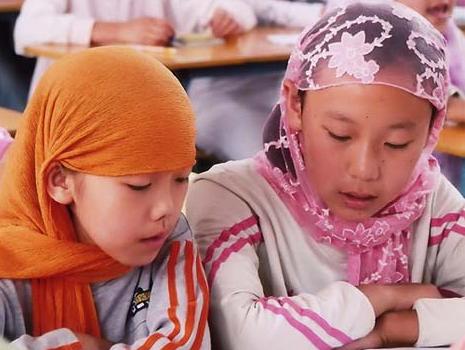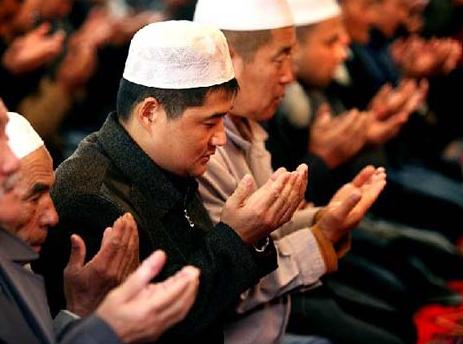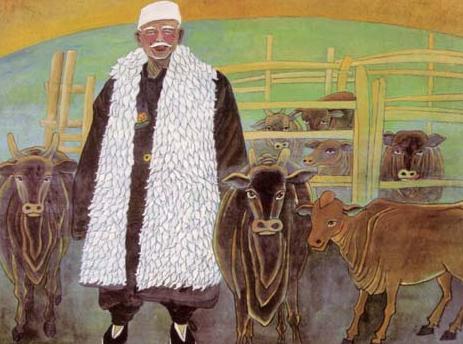
Distribution and population:
The Hui ethnic minority is descended from the Arabic and Persian merchants who came to China during the 7th century. With a population of 643,238, the majority of the group lives in the Ningxia Hui Autonomous Region. However, there are Hui living in almost all the provinces and cities of China.

Belief:
Most of the Hui people are Muslim and there is typically a mosque in each community. The Imam led the religious activities and their sutra is Alcoran.
Language:
Chinese is the native language of the Hui for both the spoken and written language. In addition, they retain some of the Arabic and Persian words.

Customs:
Islamism has played a vital role in the development of the Hui ethnic minority. In fact, the religious thought has influenced them in all walks of life, ranging from etiquettes of living, dining, and marriage to funeral customs.
Funerals of Hui people are simple, but there are many taboos which must be avoided. For example, they do not wail, as that will be regarded as the complaint or hatred for the dead.
The primary Hui festivals are Lesser Bairam (Kaizhai Festival), Corban, and Shengji Festival.
Corban Festival is on the tenth day of the last month. The morning of the festival, they do not eat breakfast. After attending the mosque, they kill oxen and then share them with the poor families and relatives. Selling of the oxen is not permitted on this day.





